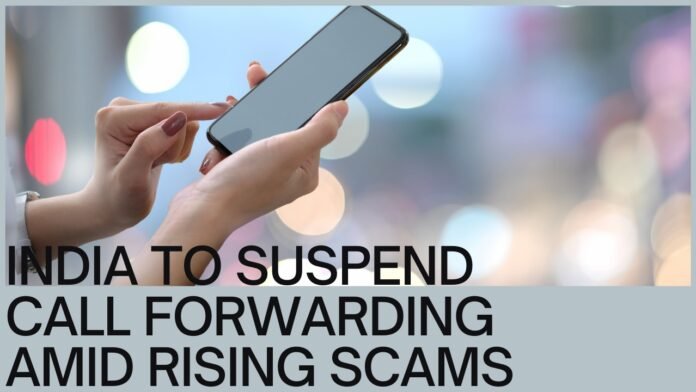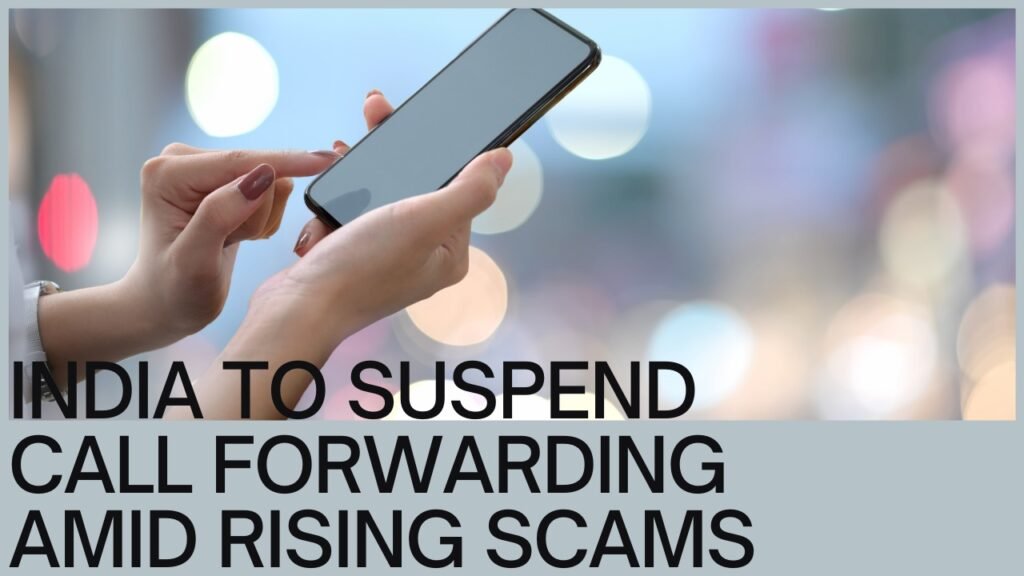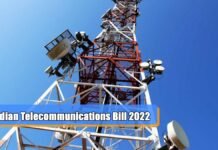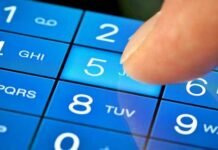
New Delhi: In a decisive move to combat the escalating menace of call-forwarding scams, the Indian government has announced a temporary suspension of the call-forwarding feature for millions of phone users nationwide. The Department of Telecommunications (DoT) issued a directive in March, compelling telecom operators to cease support for the USSD-based forwarding service, which has become a hotbed for fraudulent activities.
The decision comes in the wake of a surge in incidents where scammers have exploited the technology to orchestrate frauds and siphon off funds from unsuspecting victims’ bank accounts. While call forwarding has traditionally been a convenient feature, enabling users to redirect calls to an alternate number when the primary one is busy, unreachable, or unresponsive, it has now turned into a double-edged sword necessitating urgent regulatory intervention.
Understanding USSD-Based Call Forwarding: Its Function and Implications
The DoT’s circular specifies that the service will be halted starting April 15, 2024. Individuals currently utilizing this feature will need to seek alternative methods for call redirection, as the USSD-dependent service will become inoperative.
For the uninitiated, USSD codes comprise alphanumeric and special characters, such as the hash (#) and asterisk (*), utilized on both features and smartphones to retrieve telecom-related information and, in some instances, to conduct UPI payments.
The scam typically unfolds with a fraudster posing as a representative from your internet service provider or telecom operator, such as Airtel, Jio, or Vi. They falsely claim that your mobile account has been compromised or your SIM card is malfunctioning. Such alarming assertions can naturally induce panic, which the scammers exploit to coax out sensitive information from the victims.
The culprits then persuade the victims to dial a USSD code, specifically *401#, to ostensibly activate call forwarding on their number. This action inadvertently grants the scammer access to the victim’s incoming calls and SMS, which may contain critical personal data like OTPs for banking or UPI transactions.
Should the scammers successfully leverage this information to gain entry into a bank account, they can authenticate themselves and initiate unauthorized withdrawals. Since they have commandeered the victim’s number through seemingly legitimate means, no alerts regarding suspicious account activity are triggered.

Nevertheless, there is a safeguard in place: the USSD code *#21#, which allows individuals to verify if their calls or phone numbers have been diverted elsewhere. Awareness of this code is vital in thwarting the prevalent call-forward scams. The most effective preventive measure is to disregard any unsolicited calls purporting to be from your telecom provider’s customer service, especially those that request information they ordinarily would not need.












































